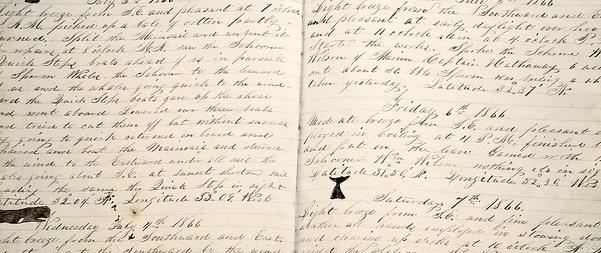Most scientists I know approach the publication process with fear and trembling: the endless discussions about what journal to submit to, the agonized consideration of impact factors, comparing the all-important “time to first decision”, etc.
Now that I’ve been working for a scientific publisher for a few months, I’m surprised at how many manuscripts still get submitted with simple errors that can significantly delay their handling.
With all the time and effort (and blood, sweat, and tears) that you put into your research, why would you not take just as much care to present it well? The peer review process can take long enough as it is, and there’s no reason to delay it further through sloppiness or a simple oversight.
Here is a list of some common mistakes that can delay the handling of your manuscript, and what you can do to avoid them:
- Not using your cover letter effectively. Use your cover letter to tell the editors why you chose to submit to their journal. This isn’t a blatant solicitation to flatter the editors about what an awesome journal they have: what we want to know is why you think your paper is in scope for the journal. The editors are not nearly as familiar with your research topic as you are, and if they’re not sure whether your research fits well with the topics covered by their journal, you will lose some time in just the primary assessment, and may even be rejected pre-review.
- Addressing your cover letter to the wrong journal. Before you send off your cover letter, be absolutely sure that it’s addressed to the correct journal! A no-brainer, you’d think, but it’s amazing how many manuscripts come in addressed to other journals that the authors considered submitting to (or got rejected from!). Even though the editor knows it’s a mistake, they will have to get formal acknowledgement from you that you want your paper to be considered for their journal before they can proceed, which can waste a week or two in emails back and forth.
- Incorrect formatting. Take ten minutes to go through the formatting guidelines point by point and make sure your manuscript is structured appropriately. Some formatting errors are minor and can be taken care of later on down the line, but missing sections like a competing interests statement, or forgetting to include your clinical trial registration number can really delay the time it takes to get your manuscript to reviewers. Even worse, some potential peer reviewers will refuse to review your paper if the abstract looks funny, or the methods section is in the wrong place, because they can’t be bothered to take extra time to account for your mistake.
- Not suggesting peer reviewers. If you’re in a small or obscure field, it can be very helpful to provide the names and contact info for potential peer reviewers. Again, the journal editors aren’t intimately familiar with all research topics, so it will take some time for them to identify scientists who are qualified to review your paper. What they won’t do, however, is blindly invite everyone you suggest; they will double check to make sure these aren’t just your friends, or someone you publish with all the time who has a vested interest in seeing your work published. If you do decide to suggest peer reviewers, make sure that they are not recent co-authors (as a rule of thumb, you should not have published together in the last 5 years), they are senior enough to have a trustworthy scientific opinion (we usually look for someone with at least 10 publications, and ideally one or more senior authorships), and that they are not from your institution (this counts as a conflict of interest).
- Not communicating with your editor. The best thing you can do to keep your paper moving through the review process is to keep close track of the status and timeline. The “time to first decision” figure that any given journal advertises is an average, so it may take longer to get a decision on your paper, but the converse is also true: it could (theoretically) take much less time to hear back. Don’t be afraid to ask questions and check in with the editor who is handling your paper. Unless you’re calling or emailing on a daily basis, you won’t annoy them. Get an idea of the journal’s typical timeline (how much time should your paper be in pre-review assessment? how long do they usually take to find reviewers? what about re-review?) and contact your editor if your paper takes more than a week longer to go through any of these stages.
What are your tips for avoiding delays to your submitted manuscript? If you want to learn more about writing, publishing and the publication process, take a look at our webinar series on this subject.



